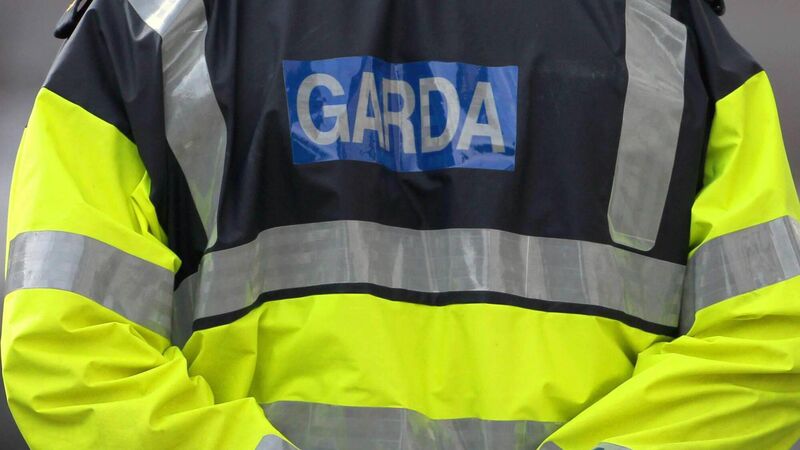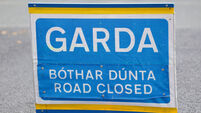Three-quarters of youths in Garda diversion programme involved in organised crime, report finds

An evaluation of the youth diversion programme recommends an extension of the programme and an increase in funding. File Picture.
An evaluation of a youth diversion programme for young offenders, three-quarters of whom are involved in organised criminal gangs, has said it should be extended and have its funding increased.
The recommendation is contained in a newly published evaluation of a number of Garda Youth Diversion programmes.











